Production Equipment Rental Advice from John Marino
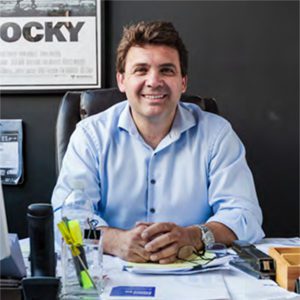
Key Ingredients
To me, the key ingredients to a successful equipment rental company is not just the equipment you provide, but the service.
Top 10 Rental Tips
1. Work with rental houses that have an interest in your project.
2. Try to use a one stop shopping style rental house.
3. Save money with camera packages.
4. Find out what the rental house replacement gear/response time policy is.
5. Know what operating hours they have and what after-hours/phone support they offer.
6. Check all lenses for scratches, nicks, etc., as well as camera gear.
7. Confirm Return Time and Dates so you are not charged an extra rental day.
8. Rent over the weekend for a one-day rate.
9. Make sure that the camera techs are knowledgeable about the rental gear.
10. Make sure the rental house does not sell you more than you need.
Do’s
1. Have insurance coverage for all gear and production.
2. Fully test and check out all gear before leaving with rental.
3. Shop around and see what deals are available.
4. Make sure you receive an itemized gear list on your Rental Contract.
5. Develop a good standing long-term relationship with a rental house.
Don’ts
1. Never ever leave equipment unattended. Especially in any vehicle.
2. Never let the rental house try to sell you what you do not need.
3. Don’t just sign and not read rental agreement.
4. Don’t return gear/cables in a mess.
Student and New Filmmaker Advice
Students and new filmmakers should speak in advance with the rental house to schedule a pick time and date as well as return time and date. They should have their insurance coverage in place and emailed a copy of the certificate at least 2 days prior to the pickup date. They also will need to fill out in advance of the rental dates their personal/business information.
Student Rental Check List
1. Make a detailed gear list. Include batteries, chargers, memory cards, card readers, cables, expendables, etc.
2. Bring proper ID with you.
3. Check with the rental house on what their COVID-19 protocol is.
4. Have a testing plan. Most rental houses have test bays with focus charts, color charts to test cameras and lenses.
5. Have all necessary items for environments where you are shooting, e.g., rain covers for cameras and various gear, tents, heaters, etc.
What Camera Should We Use?
From our experience the two major cameras that are being currently used are the Sony PXW‑FS7 and the Canon C300 MK II. Some also use the Blackmagic Pocket Cam and the newer Sony A7S MK III or the Sony FX3.
Both the Sony FS7 and the Canon C300 MK II are designed for run-and-gun, cinéma verité style shooting, especially when equipped with shoulder rigs and rails. They are both light weight, yet rugged enough to stand the vigors of reality style shooting. They both offer 35MM Sensors, and 4K recording. As well as a wide range of frame rates. They both offer cinematic imaging at a fraction of the cost. As well as great dynamic range, and image resolution.
Encouraging Words
This is a very tough industry, only the very few survive due to the nature of the beast. Stay strong, stay vigilant, listen to those who have been around, learn from the old timers, they know this game all too well and have managed to survive. But most of all, believe in yourself, when it seems like all is falling apart, hang in there, and keep moving forward. Not everyone will understand your art, but eventually if it is great, all will see the beauty of it. This is a very large industry, but a very small world. The ones who show up on time, never complain, do their job well, and go home, those are the ones who last forever.
John Marino has worked over 30 years in the entertainment production industry.
JMR Digital Cinema Rentals & Cyc Studio
For more information, visit www.jmrny.com


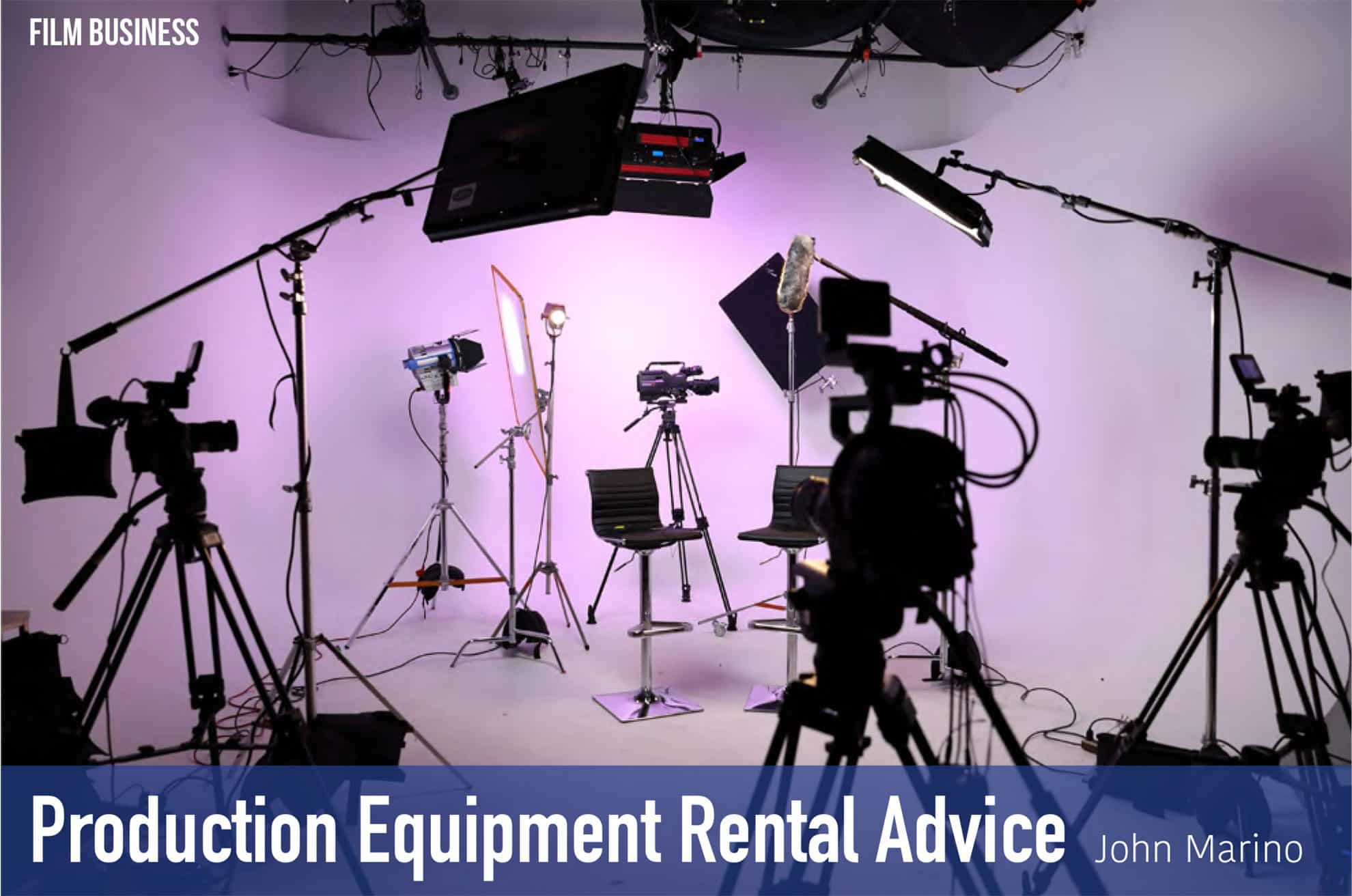
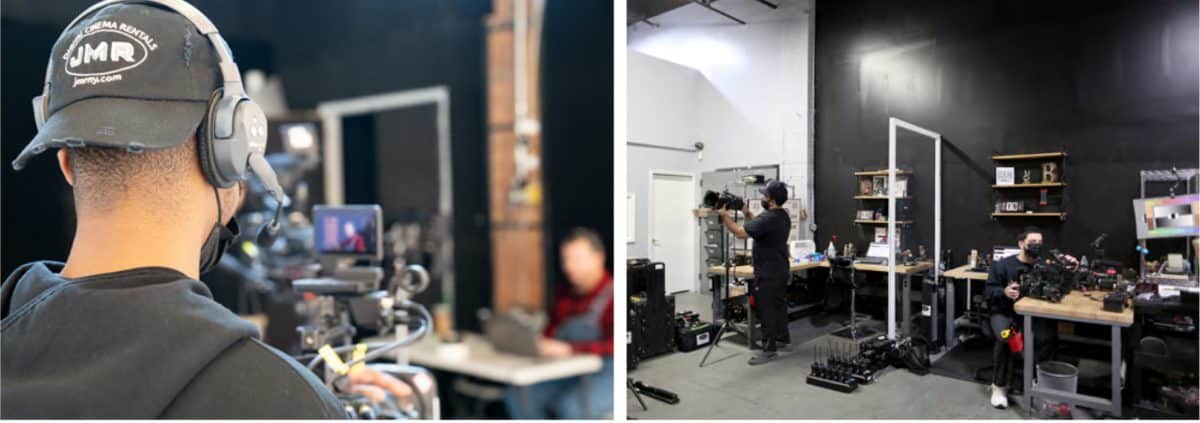
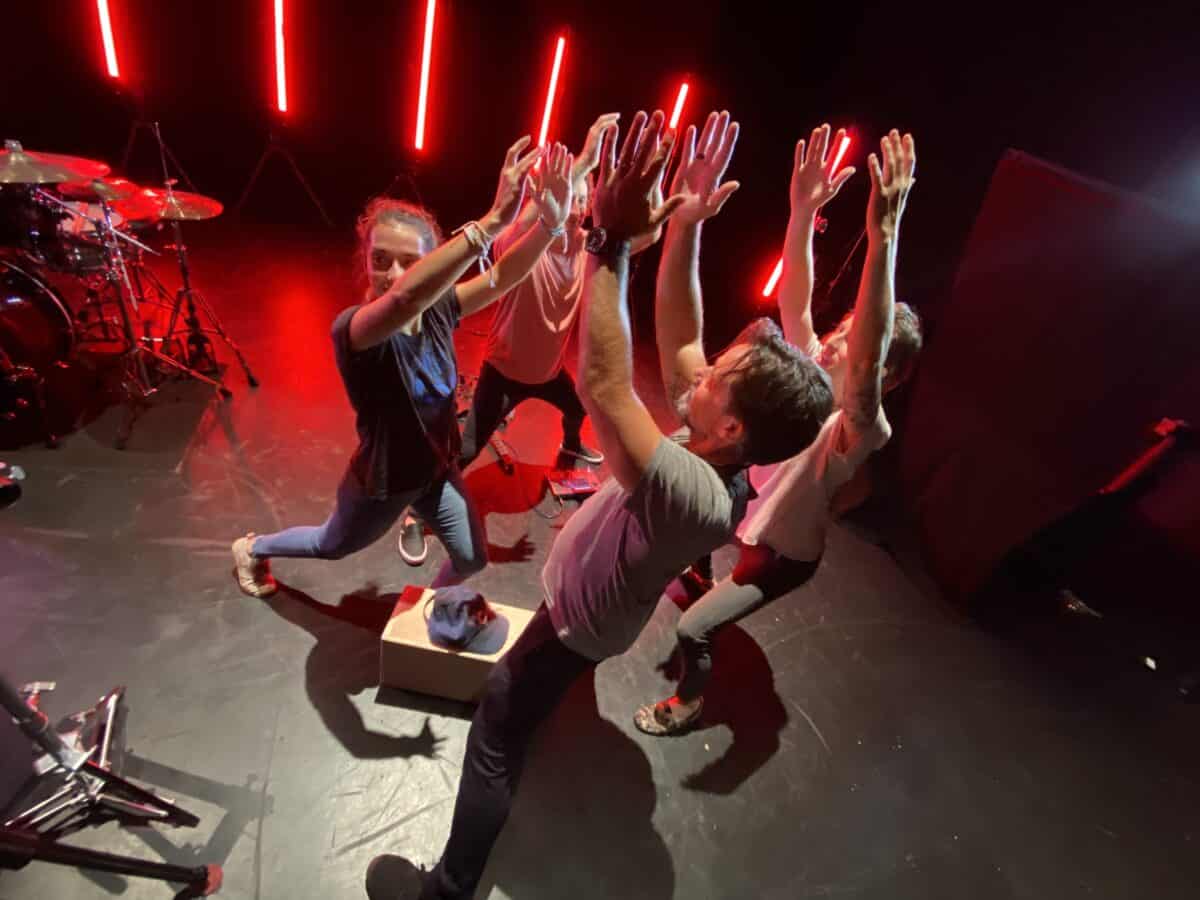
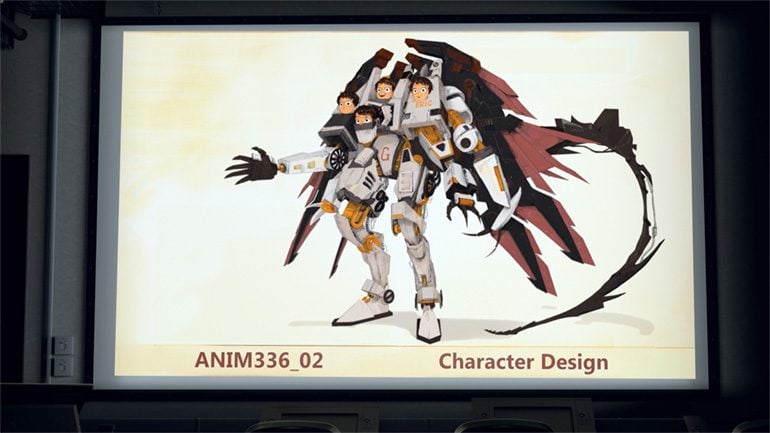
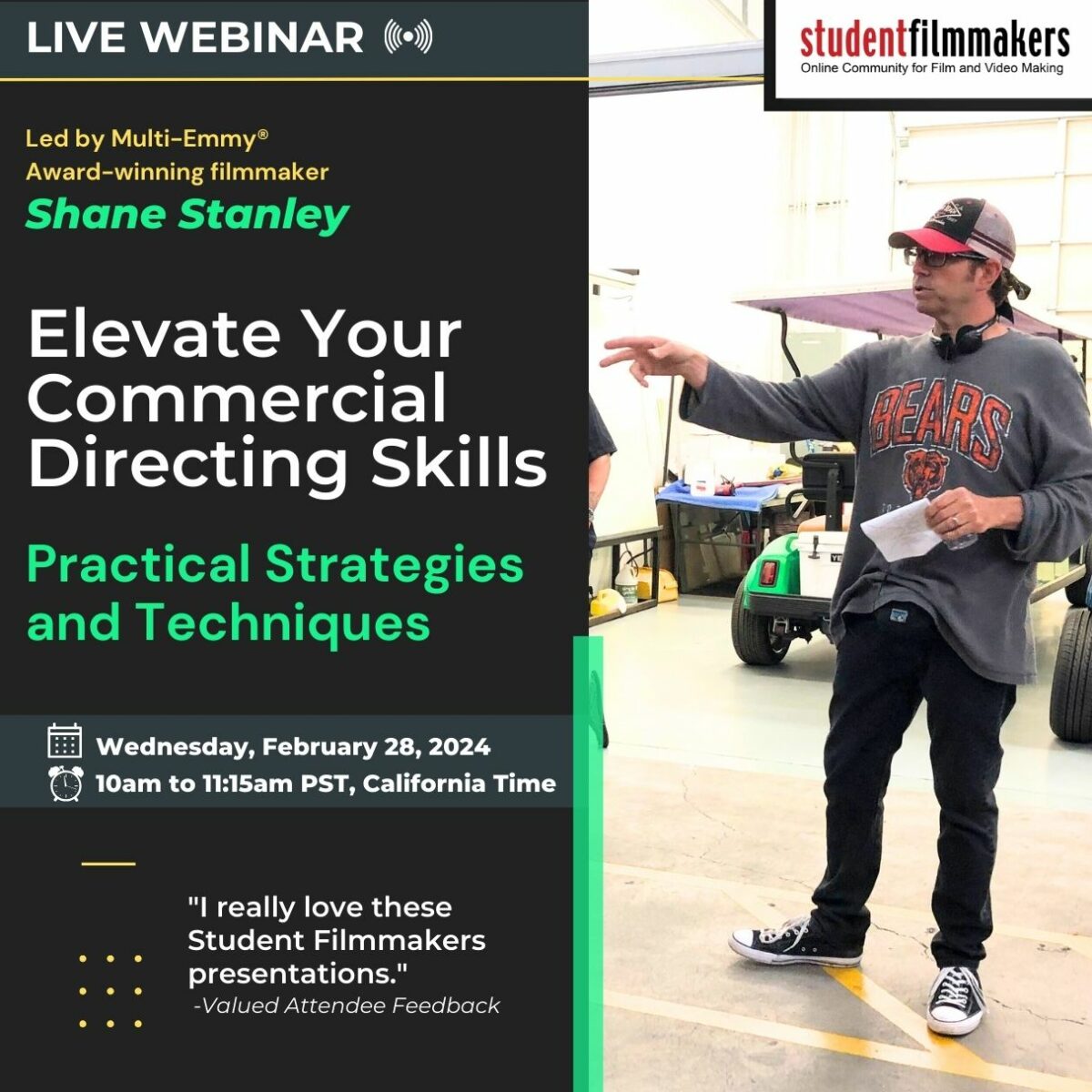
3 thoughts on “Production Equipment Rental Advice”
I once had a friend who rented equipment and left them unattended in his car while he went to buy a cup of coffee. It only took him 10 minutes but when he came back, the equipment was eyed by a few kids that wanted to play with it. He came back just in time to avoid trouble. John’s advices are very good and very accurate, too.
My colleague from a local television lost his equipment by leaving it in his car once, 15 years ago. Since then, he never leaves his equipment unattended.
A very useful article. Thank you for writing and sharing it with us. The “Student Rental Check List” is something that should be written down and read each time before renting equipment. And never forget about batteries.